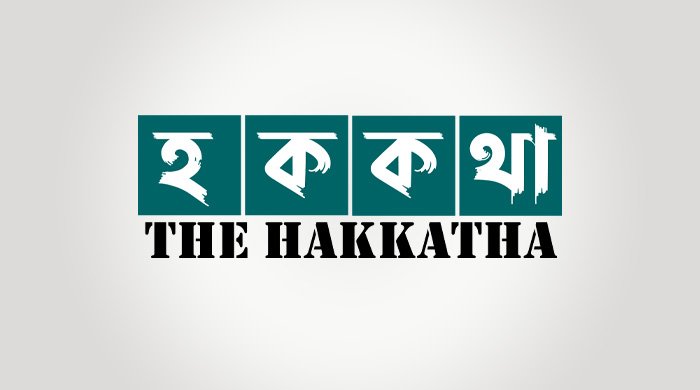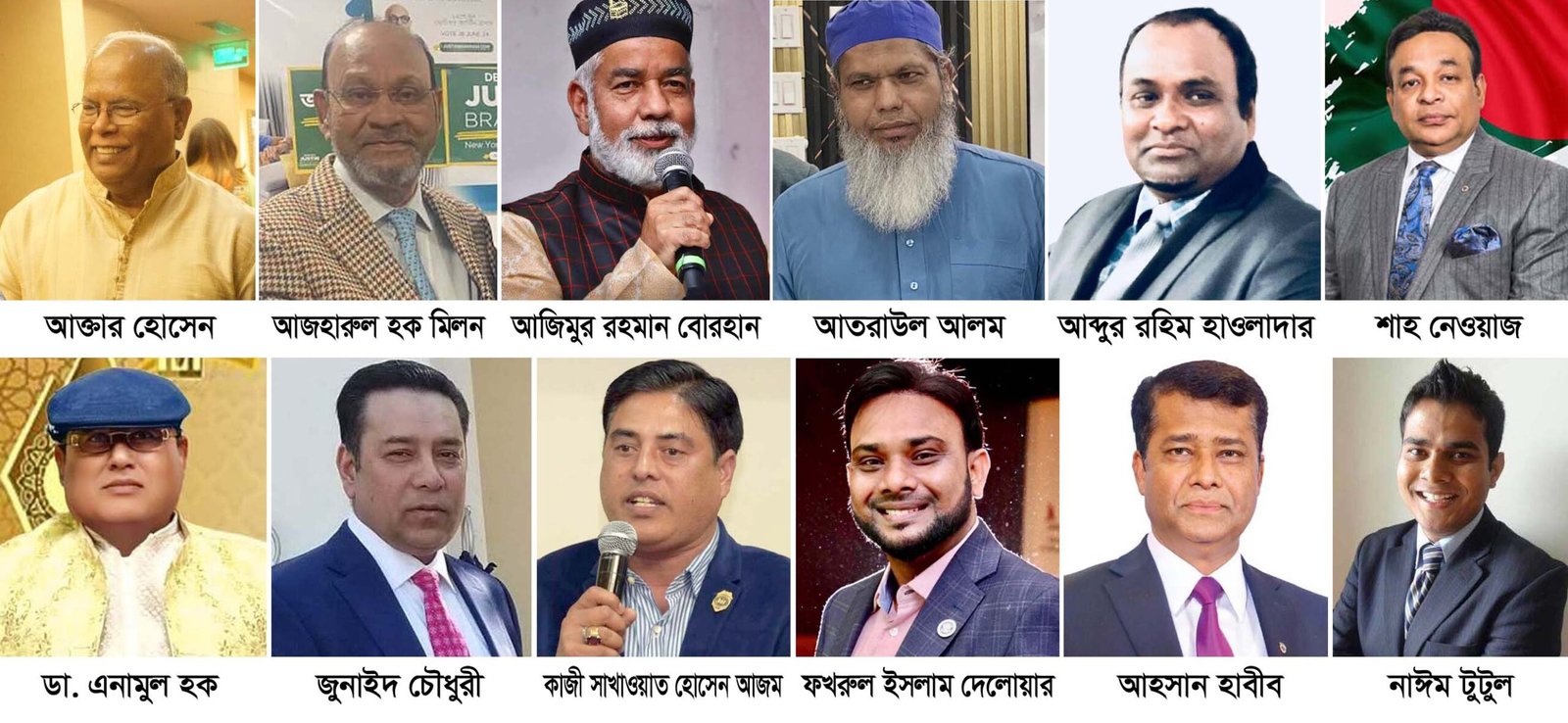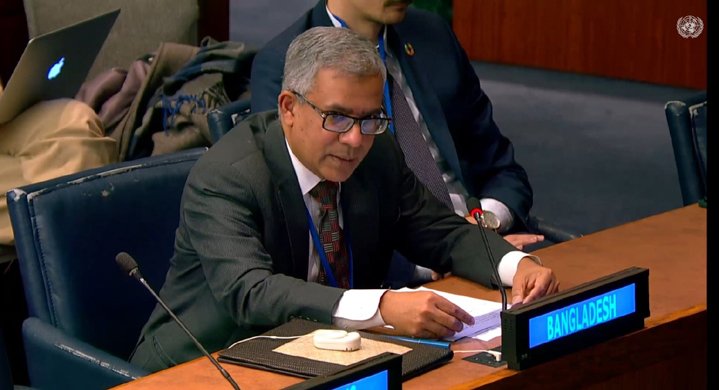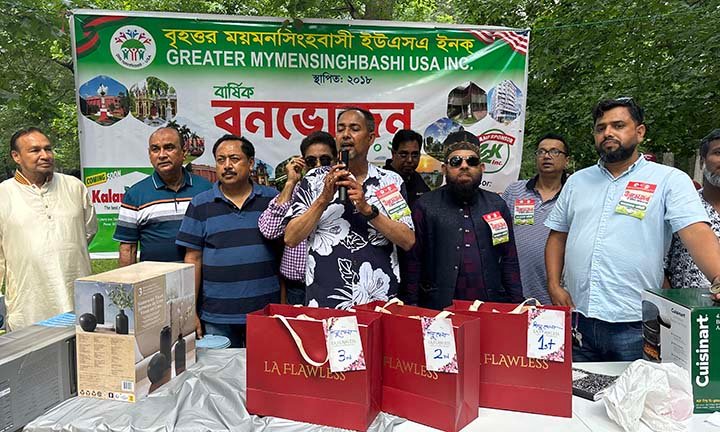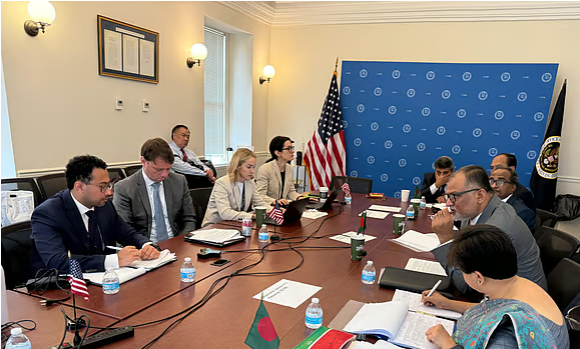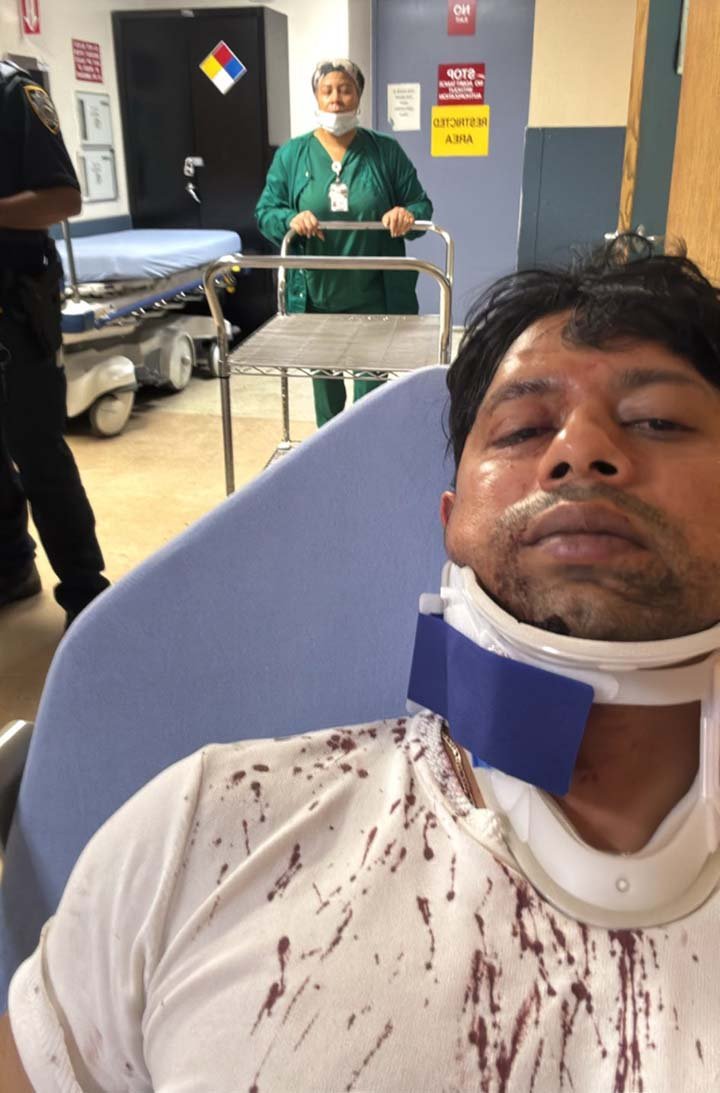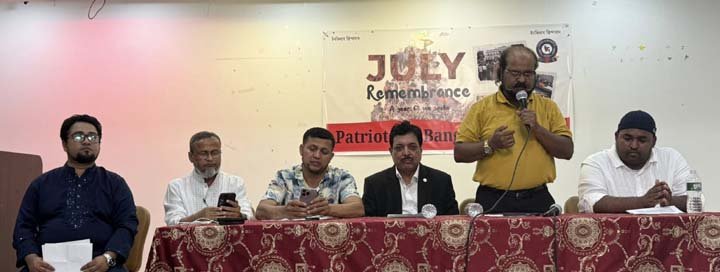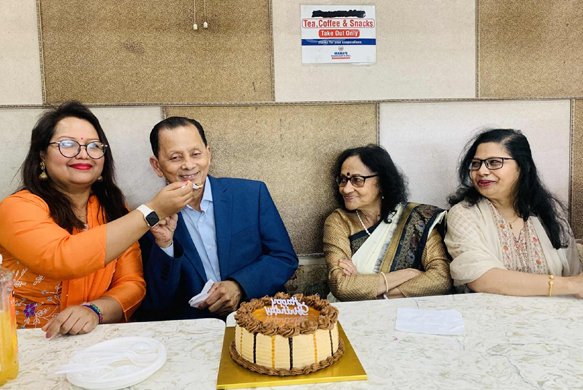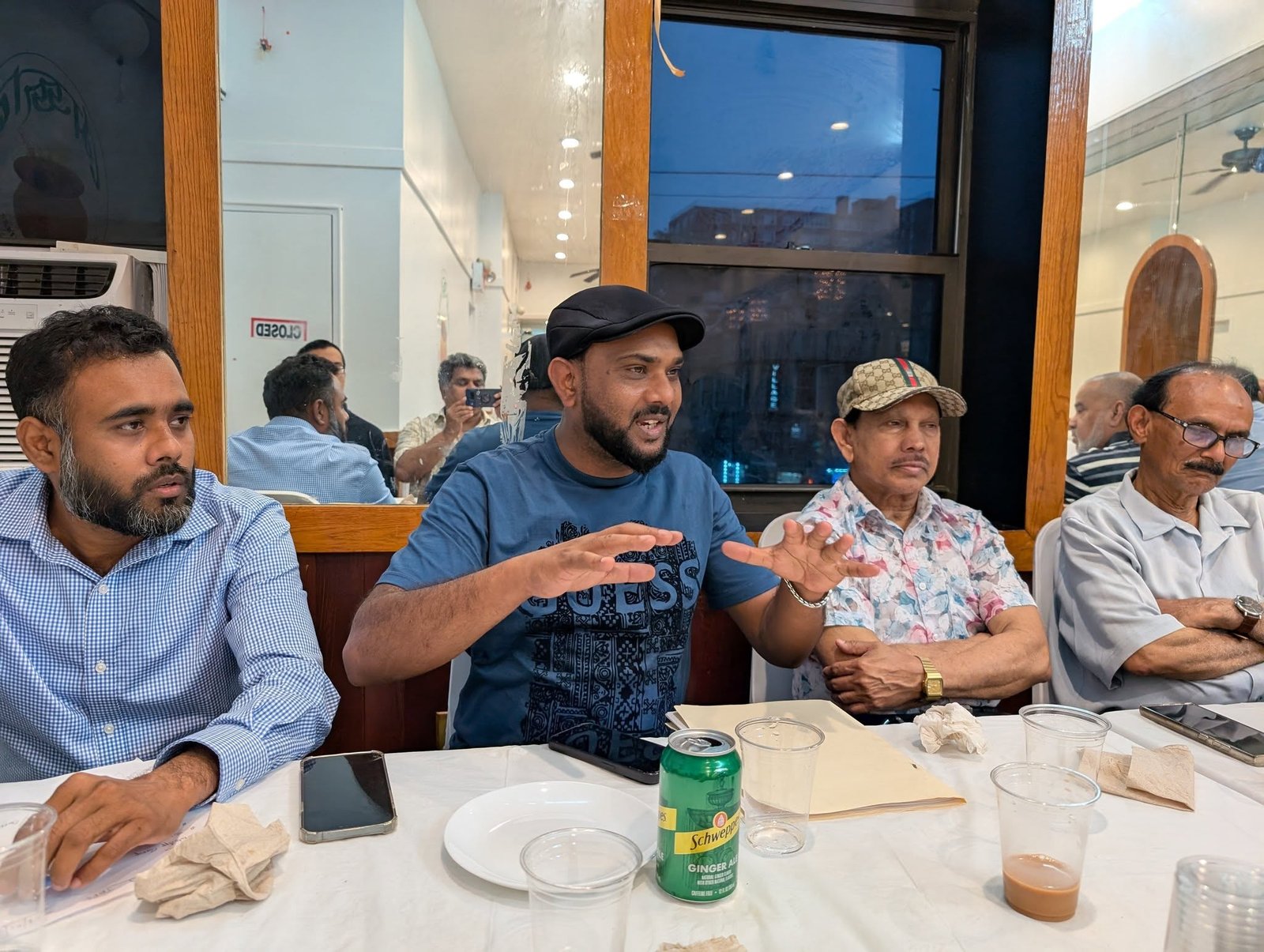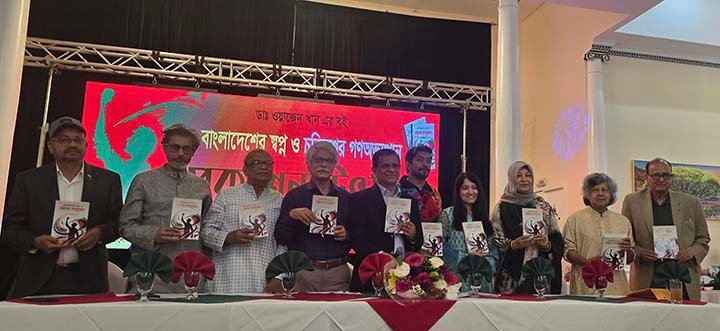August 21 attack: ‘State-backed crime’ punished : Babar, 18 others to walk gallows; Tarique given life term; appeal within 30 days

- প্রকাশের সময় : ০১:৫২:৫৮ অপরাহ্ন, বুধবার, ১০ অক্টোবর ২০১৮
- / ৭২৪ বার পঠিত
by Shakhawat Liton, Chaitanya Chandra Halder, Wasim Bin Habib and Tuhin Shubhra Adhikary
Dhaka: It was a well-orchestrated plan, executed through abuse of state power.
And all the accused, including BNP’s acting chairman Tarique Rahman and former top intelligence officials, were found guilty and handed down different punishments in the two cases over the grisly grenade attack on an Awami League rally 14 years ago. The attack killed 24 and injured scores.
In the murder case, Tarique and 18 others were sentenced to life in prison while former state minister for home Lutfozzaman Babar and 18 others were given death penalty on charges of killing through common intention and criminal conspiracy.
They were also sentenced to life term imprisonment for causing grievous injuries to the survivors.
The special court, which delivered the verdict yesterday, also found Tarique, Babar and 36 others guilty in the explosives case. Their punishments in this case range from death sentence to 20 years in prison.
The conviction of these once influential politicians, former top officials of police, DGFI, NSI, CID and top Huji militants exposes the well-devised plan and abuse of state machinery to not only carry out the attack, but also to mislead the investigation.
The latest conviction of Tarique, which comes just months before the national election, is likely to deal a heavy blow to the BNP.
Just eight months ago in February, Tarique and his mother Khaleda Zia was sentenced to 10 years in the Zia Orphanage corruption case. Khaleda is now in jail since February 8 in this case, and is struggling for securing bail.
Tarique, who has been living in London since September 2008, was also sentenced to seven years in jail in a money laundering case in 2016.
With Khaleda in jail, he is now acting as the BNP chief. Originally, he is senior vice chairman of the party.
Yesterday’s verdicts, pronounced in a packed courtroom amid tight security, highlighted the abuse of the state power to carry out the attack on an Awami League rally on the afternoon of August 21, 2004, on Bangabandhu Avenue.
“The specialised deadly Arges grenades that are used in wars were blasted at the Awami League’s central office on 23 Bangabandhu Avenue in broad daylight with the help of the then state machinery,” said Judge Shahed Nuruddin of Speedy Trial Tribunal-1 in his verdict.
“The prosecution have been able to prove that the accused held meetings to conspire in different places before the incident and blasted grenades in a planned way,” he said.
The attack was carried to eliminate the top AL leadership, the court said.
“After the assassination of the Father of the Nation on August 15, 1975, four national leaders were murdered inside the jail through conspiracy…. But the conspiracy did not stop. It continued,” the court noted.
“Later, an evil effort was made to make the Awami League leaderless on August 21, 2004.”
The prime target of the attack was AL President Sheikh Hasina, then the opposition leader. But the plot failed as Hasina, now the prime minister, survived the attack narrowly because some of her party leaders protected her by forming a human shield around her. She, however, suffered injuries to her ear.
 CHARGES AND PUNISHMENTS
CHARGES AND PUNISHMENTS
Then state minister for home Lutfozzaman Babar, former deputy minister for education Abdus Salam Pintu, former director of the Directorate General of Forces Intelligence (DGFI) Brig Gen (retd) Rezzaqul Haider and former DG of National Security Intelligence (NSI) Brig Gen (retd) Abdur Rahim and 15 other accused were found guilty on charges of killing through common intention, planning and criminal conspiracy. They were each sentenced to death and fined Tk 1 lakh each.
On the same charges, Tarique; Abul Haris Chowdhury, the then political secretary to prime minister Khaleda Zia; Kazi Mofazzal Hossain Kaikobad, a BNP MP at the time; and 16 other accused were given life term imprisonment. They were also fined Tk 50,000 each. If they fail to pay the fine, the convicts will have to serve an additional year in jail.
Tarique, Babar and 36 others who were given either death penalty or life term were also found guilty of other charges. Each of them was sentenced to life imprisonment for causing grievous injuries through common intention, planning and criminal conspiracy. They were also fined Tk 50,000 each.
In the explosive case, Babar and 18 others, who were given death penalty in the murder case, were also found guilty of killing by throwing and exploding of grenade and abetting in committing the offences. Each of them was given death sentence in this case as well and fined Tk 1 lakh.
For the same offence, Tarique and 18 others, who got life term in the killing case, have been convicted and sentenced to life in jail. Each of them was also fined Tk 50,000.
Also in the explosives case, Tarique, Babar and 36 other accused were found guilty for grievously injuring victims through common intention, planning and criminal conspiracy. Each of them was sentenced to jail for 20 years with a fine of Tk 50,000.
 OTHER CONVICTS IN THE KILLING CASE
OTHER CONVICTS IN THE KILLING CASE
Former Inspectors General of Police (IGP) Ashraful Huda and Shahudul Haque were sentenced to two years in jail and fined Tk 50,000 for harbouring the offenders. They will have to serve six months more in prison if they fail to pay the fine.
The court handed down the same punishment to the two former top cops for protecting the offenders.
Lt Commander (retd) Saiful Islam Duke, also nephew of Khaleda, Saiful Islam Joarder, former DGFI official (sacked), and Maj Gen (retd) ATM Amin, a former top DGFI official, were also given four years’ in jail in two counts — two years’ in each count — for harbouring and protecting the offenders.
Another former IGP Khoda Baksh, SP of CID Ruhul Amin and ASPs of CID Abdur Rashid and Munshi Atikur Rahman were found guilty of misleading the investigation and cooking up the “Joj Mia” story. Each of them was sentenced to jail for two years.
They were also sentenced to jail for three years for failing to investigate the attack properly.
All convicts will serve their concurrently.
The convicts were given a month to appeal. The jail term of the fugitives will start from the day of their arrest or surrender.
THE ATTACK AND THE AFTERMATH
Hasina was the last speaker of the rally, which was organised, among other things to protest against violence and terrorism. As soon she ended her speech and posed for photos at the requests of journalists, grenades started raining down, one after another.
A day after the attack, police filed a case with Motijheel Police Station against unnamed people.
A few months later, senior CID officials made up the farcical “Joj Mia” story and detained him along with 20 other petty criminals. Joj Mia and two others were forced to give statements confessing their “involvement” in carrying out the grenade attack.
The real identities of the detainees were later revealed by the media and the ludicrous nature of the investigation was exposed by the end of 2004.
After the caretaker government took office, the CID submitted two separate charge sheets in June 2007, accusing 22 people, including Mufti Hannan and Abdus Salam Pintu.
The trial began after charges were framed against them in October that year and the court recorded testimonies of 61 prosecution witnesses.
But, following the prosecution’s petition, the court in August 2009 ordered further investigation and a new investigation officer was assigned.
The CID in July 2011 submitted supplementary charge sheet, accusing 30 more people, including Tarique and Babar, taking the total number of accused to 52.
DAY OF JUSTICE
The trial saw a 1,754-day proceeding. Finally, on September 18, the court fixed the date for delivering verdict yesterday.
Security in and around the court was high centring on the verdict. Hundreds of law enforcers, police and Rab, were deployed Najim Uddin Road, where the special court is located.
Police were seen checking and searching belongings of commuters taking the road.
A microbus carrying Lutfozzaman Babar reached the court premise around 11:20am. Babar, in a white shirt and grey trousers, walked to the first floor of the building where the court was set up.
After a while, the remaining 30 accused were brought in by two prison vans.
The court sat at 11:40am. A minute later, the power went off. The judge started giving a short speech amid the blackout before delivering the verdict, thanking the prosecution, defence, journalists and law enforcers.
With mobile phone light, the judge at 11:50am started reading out the summary of the verdict where he mentioned the 14 points he took into consideration to come to a conclusion. Then a charger light was placed at the courtroom.
The accused were standing in the dock at one side of the courtroom.
As the judge left the courtroom at 12:22pm, the convicts spoke to each other and their lawyers. However, the Huji members seemed nonchalant.
Lutfozzaman Babar spoke to some reporters at the courtroom and claimed he was implicated in the case for political purpose.
“I leave it to the almighty. Allah will try those who implicated me in the false and politically motivated case,” he said.
Babar’s lawyer, SM Shahjahan told The Daily Star that they were aggrieved and would appeal before the High Court.
The prosecution will consider its next move after getting the full texts of the verdict.
“We appealed for maximum punishment for all, but the court saw it fit to hand down death penalty to some and life sentence to others,” Syed Rezaur Rahman, chief prosecutor of the cases, told reporters. (Daily Star)

